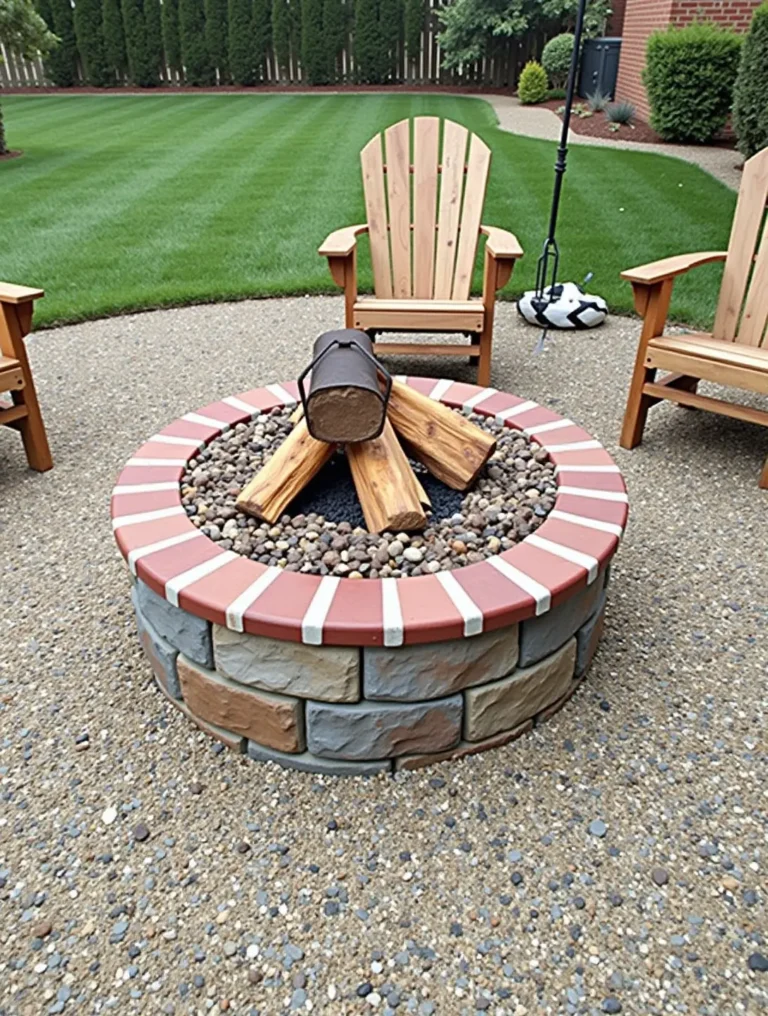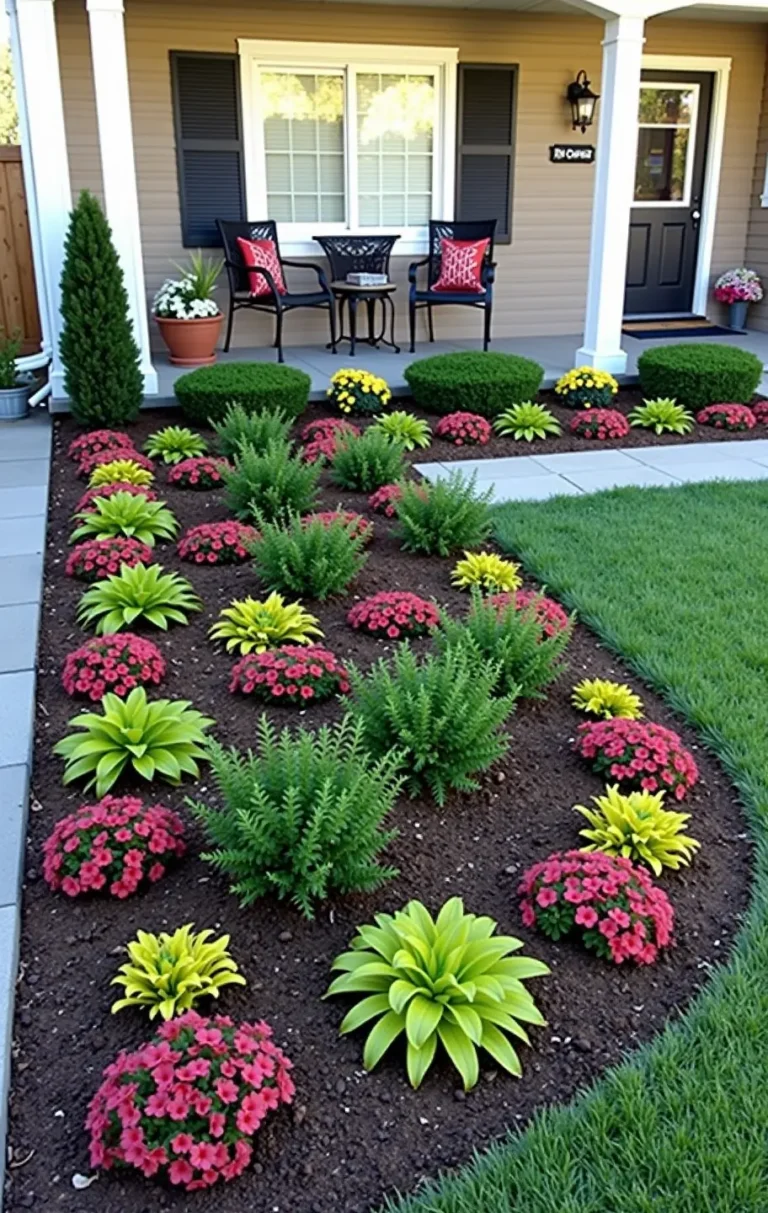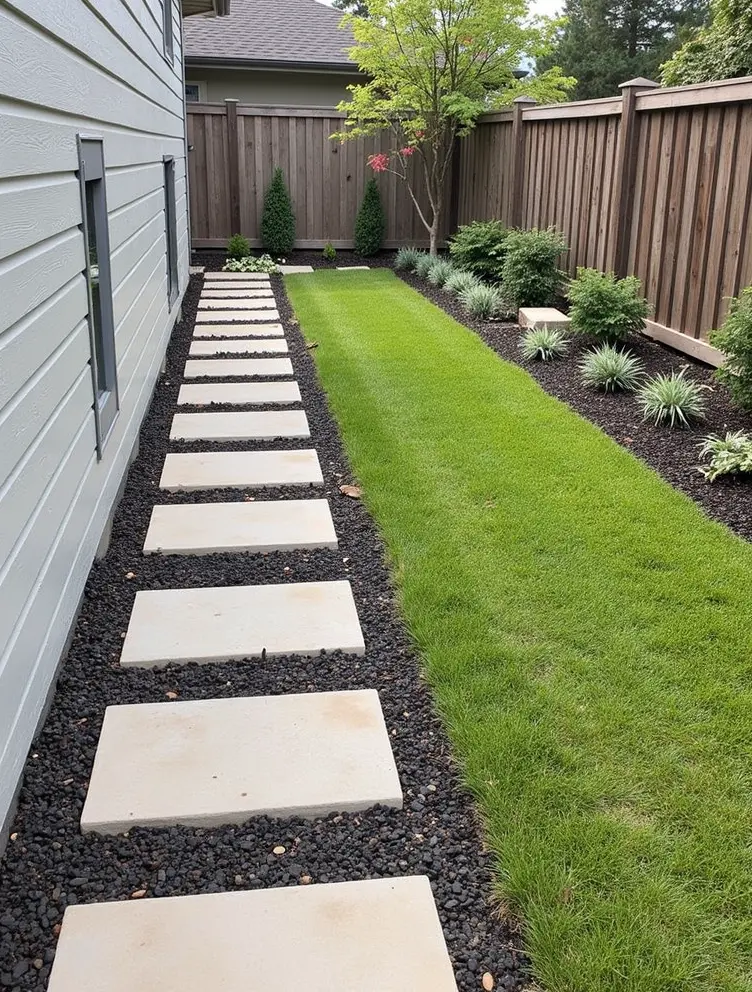Sealing Your Driveway: Top Tips for Summer
Sealing Your Driveway: Top Tips for Summer
Summer is here, and while many of us are dreaming of beach trips and barbecues, there’s one critical home maintenance task that often gets overlooked: sealing your driveway. It might not sound glamorous, but trust me, a well-sealed driveway can add years to its lifespan and keep your property looking immaculate. Let’s explore the top tips for sealing your driveway this summer.
Why Seal Your Driveway?
Before we dive into the tips, let’s discuss why sealing your driveway is so essential. Over time, driveways are subjected to harsh weather elements, vehicle traffic, and even spills from oils or chemicals. These factors can lead to cracks and deterioration, making your driveway not just unsightly but also a potential hazard. By sealing it, you protect it from:
- UV Rays: The summer sun can scorch unprotected asphalt.
- Water Damage: Heavy rain can seep into cracks and cause further damage.
- Oil Stains: Gas and oil can break down your driveway’s surface.
Sealing provides a protective barrier that extends the life of your driveway, saving you time and money in the long run.
Top Tips for Sealing Your Driveway
1. Choose the Right Time
Timing is everything when it comes to sealing. The ideal temperature for sealing your driveway is between 70°F and 90°F (21°C to 32°C). This ensures that the sealant adheres properly and cures effectively. Early summer mornings or late afternoons are often the best times for sealing, avoiding the peak sun intensity.
2. Clean Your Driveway
Before applying any sealant, a thorough cleaning is essential. Remove any debris, dirt, or leaves from the surface. Use a pressure washer if necessary to eliminate mildew and tough stains. A clean surface ensures better adhesion of the sealant.
3. Repair Before You Seal
Take a good look at your driveway. Are there any cracks or potholes? Don’t skip repairs; otherwise, all your sealing efforts will be in vain. Fill cracks with a patching compound designed for asphalt. Once you’ve repaired the problematic areas, let them cure fully before moving to the next step.
4. Select the Right Sealant
Not all sealants are created equal. Depending on your driveway’s material (asphalt or concrete), you will need to choose an appropriate sealant. Asphalt sealants usually come in two forms: coal tar emulsion and asphalt emulsion. Look for high-quality products that have a reputation for durability and weather resistance.
5. Application Techniques
Now, the fun part—applying the sealant. Use a squeegee for even application, starting from one end and working your way to the other. For edges and corners, a paintbrush can help you get into tight spots. Don’t rush; take your time to cover every inch.
6. Drying Time is Critical
After you’ve applied the sealant, give it ample time to dry. Keep vehicles off the surface for at least 24-48 hours, depending on the type of sealant used. It’s worth the wait; this drying time is crucial for ensuring a durable finish.
7. Regular Maintenance
Once your driveway is sealed, maintenance is key to keeping it looking great. Ideally, you should reseal your driveway every two to three years. Regularly cleaning off dirt and debris will also prolong the life of your seal.
Common Mistakes to Avoid
As with any DIY project, there are pitfalls to avoid:
- Sealing too early or late in summer: Ensure temperatures are ideal.
- Ignoring small repairs: Fix cracks before sealing.
- Using low-quality sealant: Invest in a good product for longevity.
Conclusion
By following these top tips for sealing your driveway this summer, you not only enhance your home’s curb appeal but also safeguard one of your most significant investments. Remember, a well-maintained driveway can add significant value to your property. Get started today, and enjoy the benefits all summer long!
Frequently Asked Questions (FAQ)
1. How often should I seal my driveway?
It’s recommended to seal your driveway every two to three years. However, if it shows signs of wear or cracking, it may need to be sealed sooner.
2. Can I seal my driveway on my own?
Yes! Sealing your driveway is a DIY-friendly project, but it requires proper preparation and attention to detail for best results.
3. What happens if it rains after sealing?
Rain can wash away the sealant if it has not dried completely. It’s essential to check the weather forecast and avoid sealing immediately before rainy days.
4. How long does sealant last?
A good quality sealant can last from two to five years, depending on the weather conditions and maintenance.
5. What’s the best time to seal a driveway?
Late spring to early fall is the best time for sealing your driveway, ensuring temperatures are warm enough for proper curing.
“






